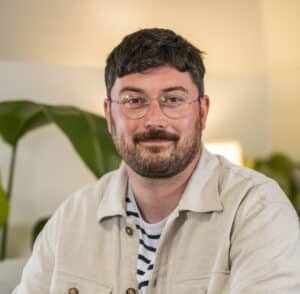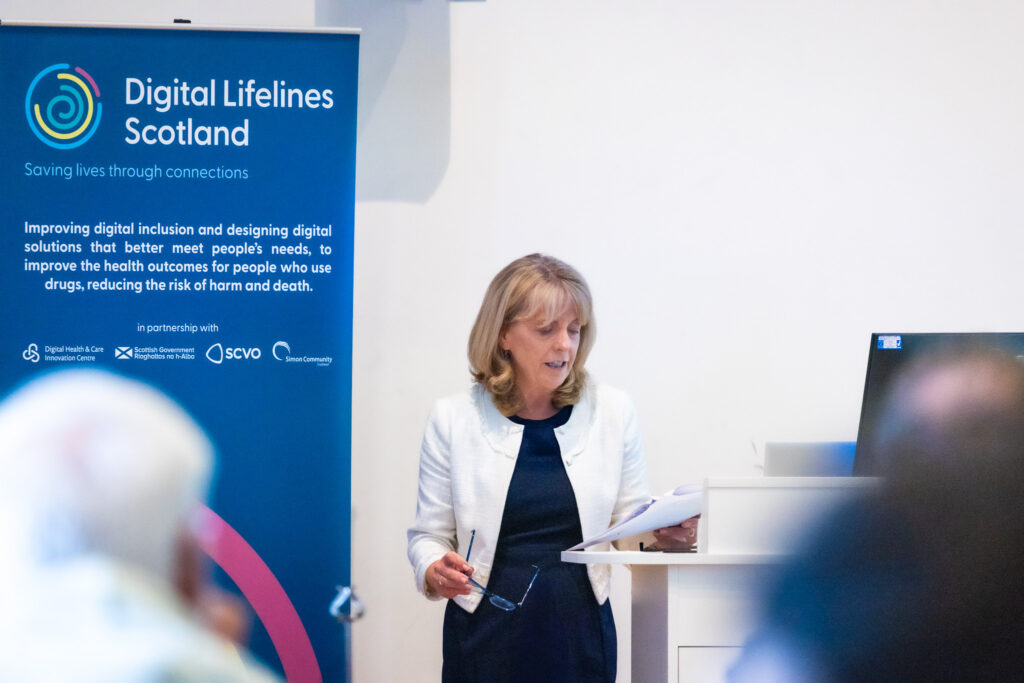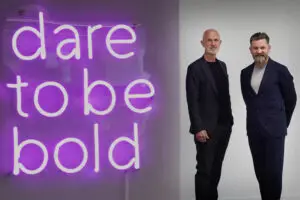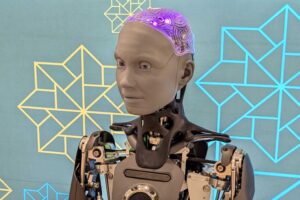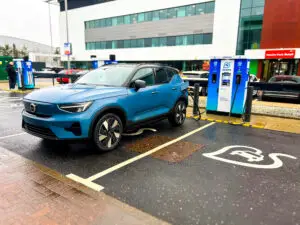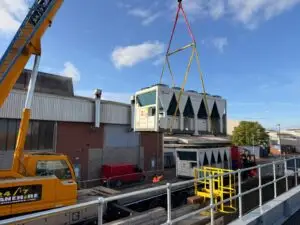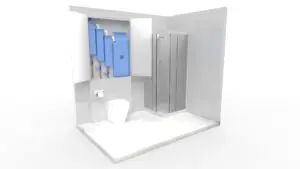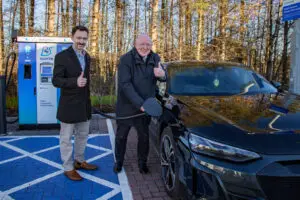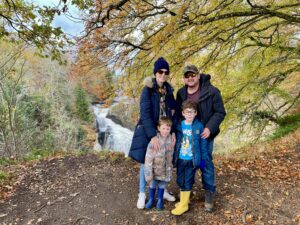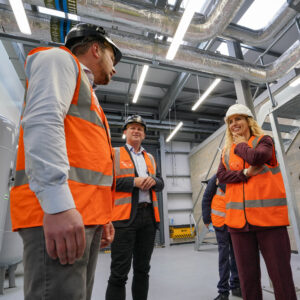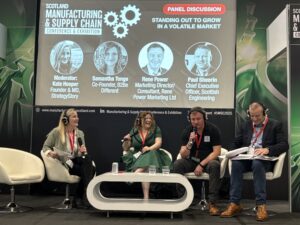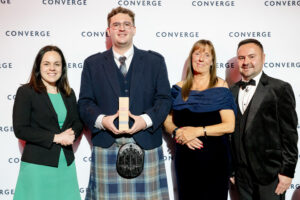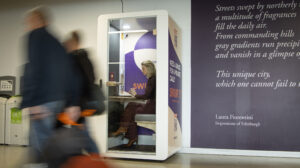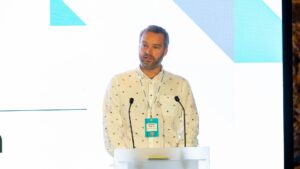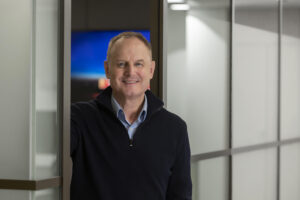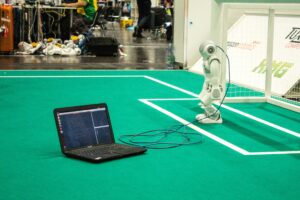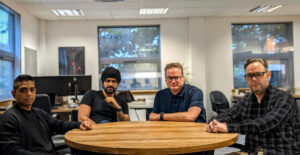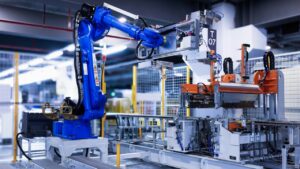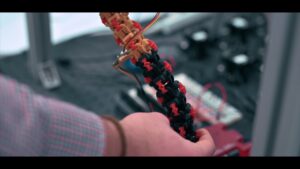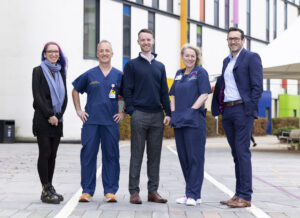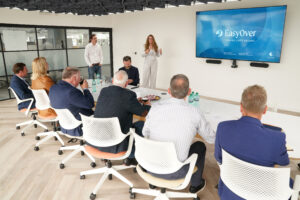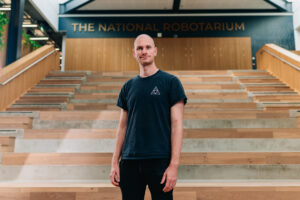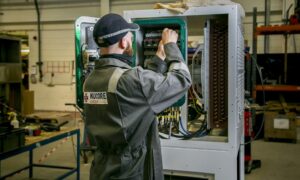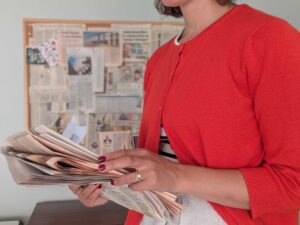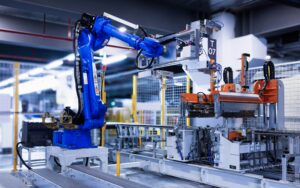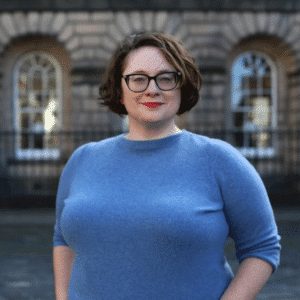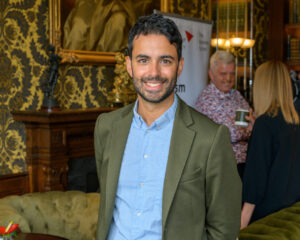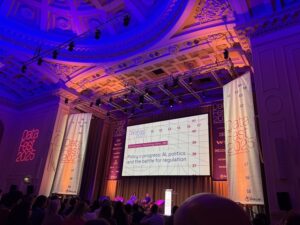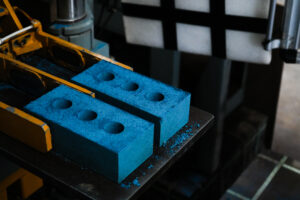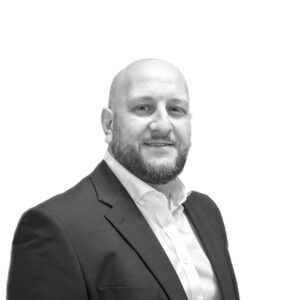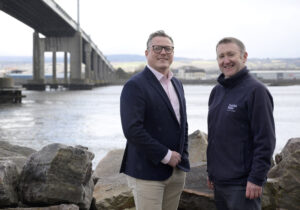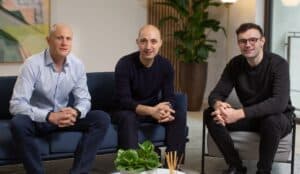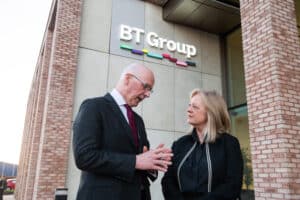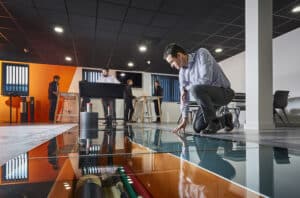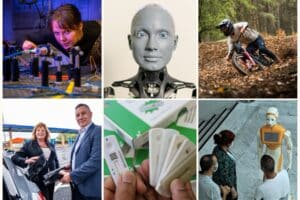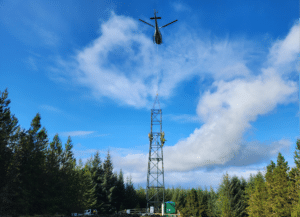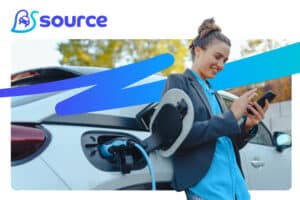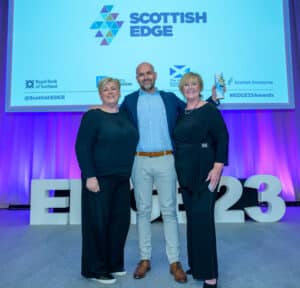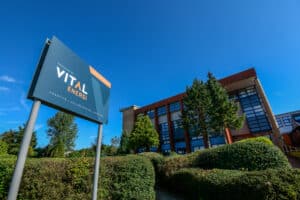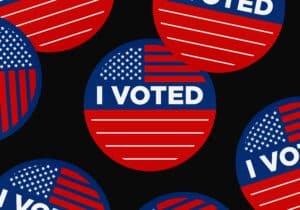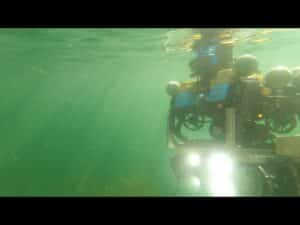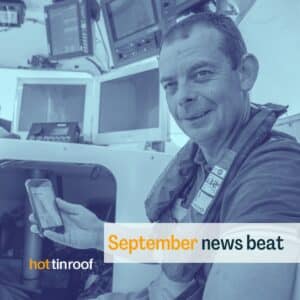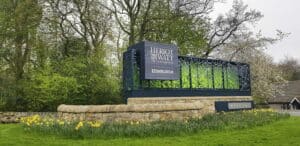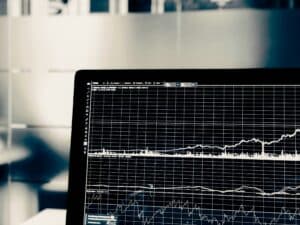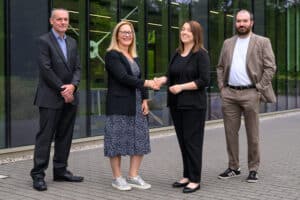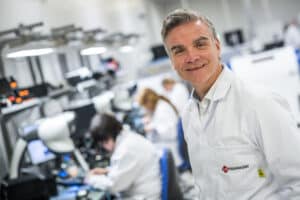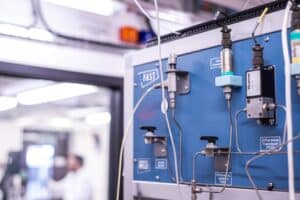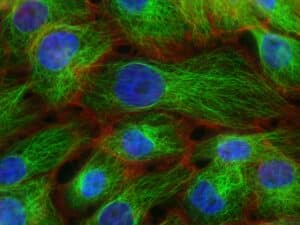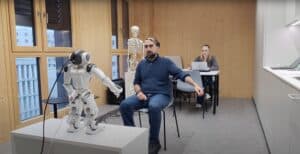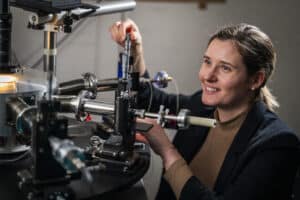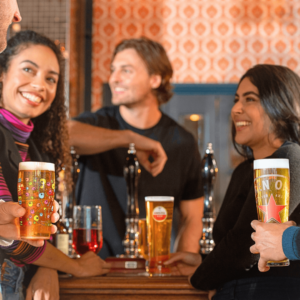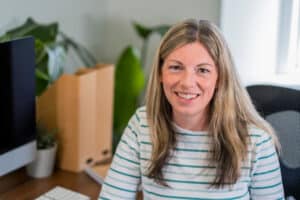Report on phase two of the programme found it “has had a positive impact…and provided new ways to stay safe and reduce immediate risks of harm”
The Scottish Government’s Digital Lifelines initiative which seeks to reduce the risk of harm and death amongst people who use drugs through digital inclusion and services has secured new funding to continue its vital work.
Delivered by the Digital Health & Care Innovation Centre (DHI) in collaboration with core partners Scottish Council of Voluntary Organisations and Simon Community Scotland, Digital Lifelines Scotland (DLS) has been granted £783,150 for 2025/26 with further programme activities planned for delivery over the following two years, subject to funding confirmation.
DLS has committed to improving digital inclusion for people who use drugs, including building confidence, skills and motivation alongside access to devices and connectivity. Digital solutions have been developed that keep people safe and enable them to become and remain connected to family, friends and relevant support services. The programme was launched in 2021 with an initial £3.2 million in funding from the Scottish Government.
An independent report by Figure 8 Consultancy Services on the impact of Phase Two of DLS has found “significant results [which] show improvements in digital inclusion, access to services, wellbeing [through reduced isolation], and harm reduction for the people and communities involved”. The evaluation report has supported the decision to continue the programme into a third phase.
Since its creation, DLS has reached a significant number of participants, with 5,502 individuals supported, 3,044 digital devices distributed, and 518 staff and volunteers trained in digital inclusion across Scotland. This was delivered through partnerships with 35 organisations across six separate funding rounds.
Professor Margaret Whoriskey MBE, Head of Innovation for Care & Well Being, DHI, said:
“It is a testament to the impact of Digital Lifelines, and the contribution of all delivery partners, that the programme has received additional funding. DLS is making a real positive difference to people at risk of harm from drugs and to the organisations that support them. The independent Evaluation evidences the successes achieved through digital inclusion and how this can increase access to services and improve outcomes. I am excited to see how our new collaborations will further enhance learning and embed new ways of working.“
Minister for Drugs & Alcohol Policy and Sport, Maree Todd said:
“The Digital Lifelines programme is a powerful example of how innovation and compassion can come together to save lives. By supporting digital inclusion, we are helping people at risk of drug and alcohol related harm to stay connected, access vital services, and rebuild their lives. I’m pleased that the Scottish Government is providing further funding to continue this life-changing work, and I want to thank all the partners involved for their dedication to improving outcomes for some of the most vulnerable people in our communities.”
An example of one of the 35 organisations to have received funding through DLS is Harbour Ayrshire, set up to create opportunities for some of the most vulnerable people in society, allowing them to live a life free of the stigma and suffering of addiction. Harbour currently runs 14 separate support groups including an online zoom room.
David {not his real name}, who is 35, is a recovering heroin addict and says being given a device when he got involved with Harbour was life changing.
“Just before leaving rehab I met Vari from Harbour and she gave me a digital device to use. I had lost all self-respect because of things that I’ve done in my past which I found hard to accept so on leaving rehab I didn’t want to come out of the house. But having the device, doing Zoom calls and online meetings meant I was able to slowly integrate into the community again. If it wasn’t for that, I don’t think I would have picked up the confidence to have left the house even to this day. Now I can leave the house with my head held up high and without looking over my shoulder with paranoia. It’s been truly life changing.”
41-year-old Susan {not her real name} is a recovering alcoholic who now volunteers with Harbour.
“When COVID hit, that’s when I lost full control. I was just stuck in the house at first. I don’t know what happened, this great big cloud just came on me, and I was drinking alcohol from eight o’clock in the morning, every single morning. Then one day I’d just had enough. There’s always a breaking point. I was mentally broken. I phoned someone and said, ‘I don’t want to die anymore, what do I do?’. She suggested I phone Harbour.
“Harbour gave me a device and a free SIM card, and they encouraged me to delete all of my old contacts. I was given access to their online platform and that was my absolute saviour. It was a slow introduction into society again, and safe rooms with the same faces and similar stories. My self-esteem returned and I’m thriving. I have a life again.”
Vari McFadzean, Harbour Ayrshire’s Digital Inclusion Officer, said:
“The digital inclusion initiative has been instrumental within Harbour Ayrshire, giving us the opportunity to work with those who have the biggest challenges in terms of isolation, rural residence, tags from prison or mental and physical conditions. These supported people now have the same opportunity to recover from addiction and to be integrated into an online community which has been the foundation for connection and a chance at life again, solely through access to a device and Harbour’s support.”
Councillor Paul Kelly, Spokesperson for Health and Social Care at COSLA, one of the partners which has delivered the DLS programme, said:
“I’m delighted that Digital Lifelines has secured further funding to continue delivering its award-winning work. The recent evaluation highlights the significant impact of the programme in our communities, with over 5,500 people at risk of drug harm supported to become digitally included. As a strategic partner, COSLA is committed to supporting Digital Lifelines as it enters its next stage, taking a place-based approach to improving wellbeing and enabling better access to vital services through digital inclusion.”
The full Phase 2 report can be downloaded from here – Evaluation of the DLS Programme – Final Report
David and Susan’s full stories:
David’s story
“I grew up in a very affluent town near Glasgow. We were a really tight knit family, a loving, caring family, no alcohol or drugs were ever used at home. Me and my brother never wanted for anything.
My problem with drugs started when I was 14, just like everyone else, dabbling with hash in school, following the crowd, doing the wrong thing, eventually getting expelled from school for being in possession of cannabis. I moved schools and things got better; I passed all my exams and went to college.
That’s when I found harder drugs. I was on ecstasy, speed, and cocaine. I couldn’t hold down a job. I was at college training as a chef and working 14 hour split shifts, six days a week. There were a lot of drugs being taken and that’s when my problems were beginning to really evolve. I went down a really dark path and by 24 I had moved on to heroin which led me on to intravenously using for about six years.
My family had to reject me. I went through prison sentences. I went through rehab at that stage, but I didn’t last at it.
My second stint in rehab did work though and I haven’t touched heroin since the fifth of April last year. Just before leaving rehab I met Vari from Harbour and she gave me a device to use.
I had lost all self-respect because of things that I’ve done in my past which I found hard to accept so on leaving rehab I didn’t want to come out of the house. But having the digital device, doing Zoom calls and online meetings meant I was able to slowly integrate into the community again more. If it wasn’t for that device, I don’t think I would have picked up the confidence to have left the house even to this day.
Now I can leave the house with my head held up high and without looking over my shoulder with paranoia. It’s been truly life changing.”
Susan’s story
“How did I end up an alcoholic? I just got lost in life.
I was a singer; I was a promo girl. I did all this cool stuff all my life, and then I had my daughter and alcohol just kind of infiltrated into my life slowly until it became a daily habit.
When COVID hit, that’s when I lost full control. I was just stuck in the house at first. I don’t know what happened, this great big cloud just came on me, and I was drinking alcohol from eight o’clock in the morning, every single morning.
It was beer that I was drinking, and I would count how many I would have that day, how many I had in the fridge left for the next day to prepare me to go to the shop for opening at 10 o’clock.
COVID finished, and everyone got back their lives, but I didn’t. I just was stuck in this house, constantly. I just couldn’t get out the door, not even to go to the shop. I was phoning the shop and getting my alcohol delivered.
Then one day I’d just had enough. There’s always a breaking point. I was mentally broken. I phoned someone and said, ‘I don’t want to die anymore, what do I do?’
She suggested I phone Harbour, and even that was a big battle for me. The poor guy on the phone had to convince me for ages to even try and talk but when I did, everything changed. Harbour gave me a device and a free SIM card, and they encouraged me to delete all of my old contacts.
I was given access to their online platform and that was my absolute saviour. It was a slow introduction into society again, and safe rooms with the same faces and similar stories. You can have your camera and microphone on or off, it’s whatever you’re comfortable with.
I was introduced to WhatsApp groups, and attended meetings in America and women only groups. I was interacting with people who also suffered from this illness and I made new friends. My self-esteem returned. I started going to live meetings and slowly my confidence came back. I’m thriving now and I’ve even started volunteering for Harbour. So, this is my life now. It’s a beautiful community to be part of.
I have a life again.”
